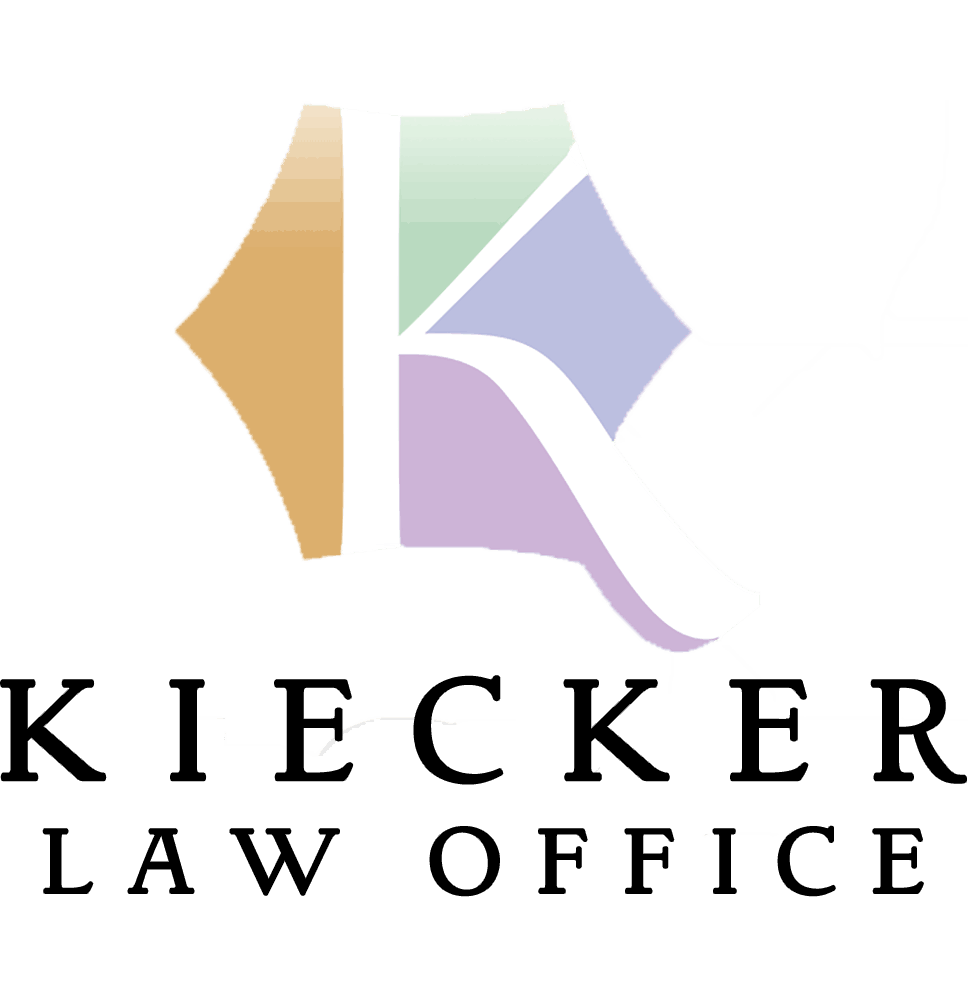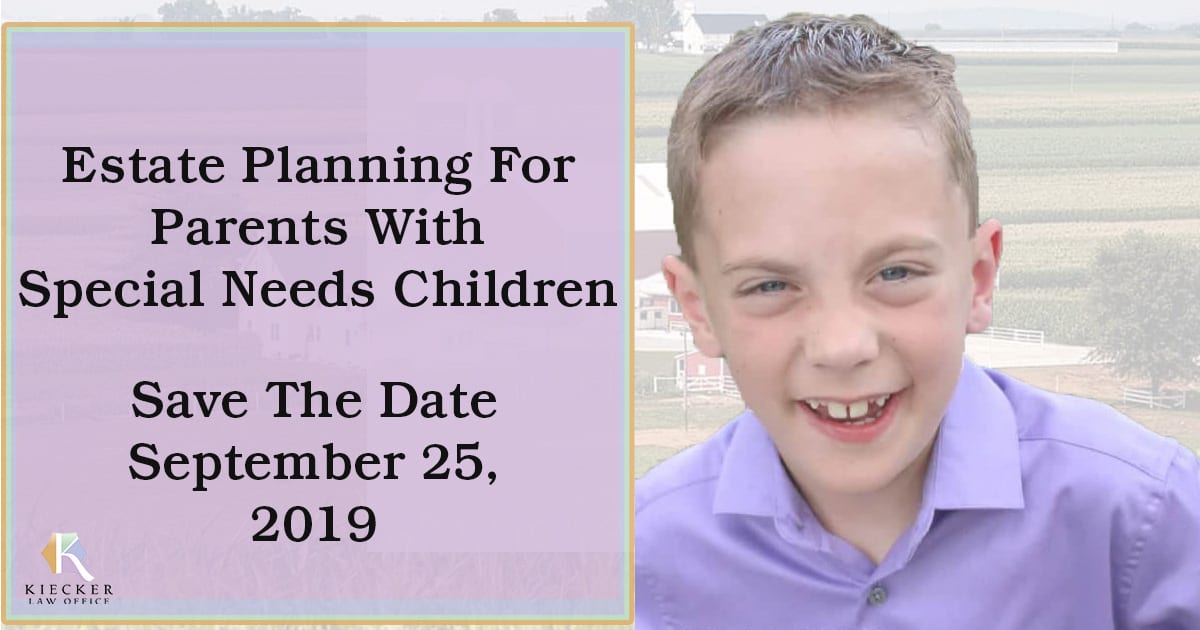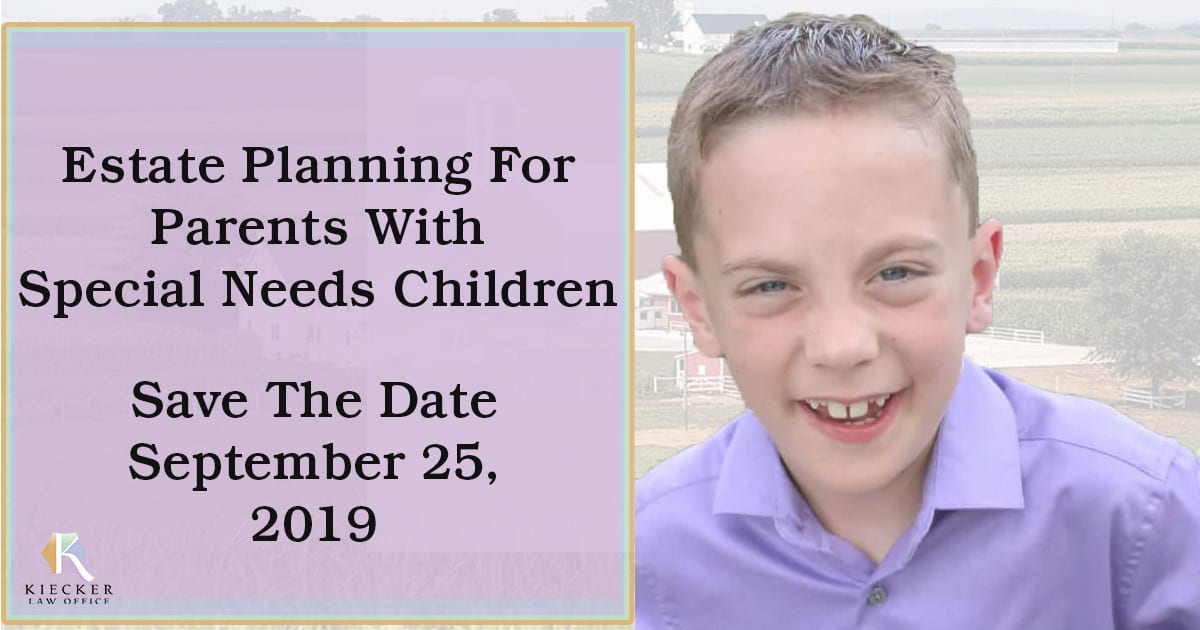Farm Estate Planning
Everything about farmers is unique. Farming is unlike any other business. As many farmers will say, farming is not just a job, it’s a way of life. That means that farming is a way of life through thick and thin. With farming you don’t just go to work and go home when the job is done. You live at your job. You live in the same place you work. But the truth is, most farmers would never change their way of life unless they absolutely must. In addition to that, they want to pass it on to their kids. And they want their kids to pass it on to their grandkids. Or, at the very least, they want the land to stay within the family.
Farming Finances
The finances of farming are also very unique. Often the assets of a farm far outweigh the income of a farm. Speaking from an estate planning perspective, this creates a unique estate planning situation. According to the USDA’s Census of Agriculture, the state of Minnesota in 1997 had 78,755 farms. In the latest census in 2017, the state had 68,822 farms and this number keeps shrinking.
Aside from the obvious that more and more people are leaving the profession, it also means there is a lot of wealth transfer that has happened over the last 20+ years. Additionally, the average age of farmers is 58 years old according to the same census. That means there will be a lot more wealth transfer in the coming years.
Watch This Month’s Video To Learn More
Estate Planning for Farmers
When we talk about estate planning in farming, there are so many factors to consider. Everything from the amount of land to the value of the machines to the amount of cash in the bank to which, if any, kids want to take over the farm to how you want to divide up the assets and money. In a certain sense, this is just like any other business owner. In another sense, it’s completely different. Again, farmers are unique.
As mentioned before, farming isn’t just a job. It’s a way of life. If you want to pass the farm on to one kid, but not the other, the estate plan could be written many different ways. You may want all the kids to be treated the same financially, but that means the estate plan must be written a specific way. If you want the kid that is taking over the farm to be treated differently than the others, you must write the estate plan in a different way. If you want to give the farm away, you can do that, but you need to do it a specific way.
Succession Planning for Farmers
So, what does that mean? It means that there is no one-size-fits-all answer. It means that when you’re considering the succession planning of your farm, you need to be aware of all the options that are available. There are many different outcomes that you may want and there is likely a way to accomplish each of those. Each one of those solutions is unique. Proper planning is essential to accomplishing the outcome that you desire.
To be sure, the legal system has set up a plan for you if you don’t do your planning. Likely, no one will be happy with that one-size-fits-all solution. It will likely lead to many arguments and many people that are upset with each other. Again, we know farmers are unique. We know that each situation is unique. Make sure that your plan is also unique.



